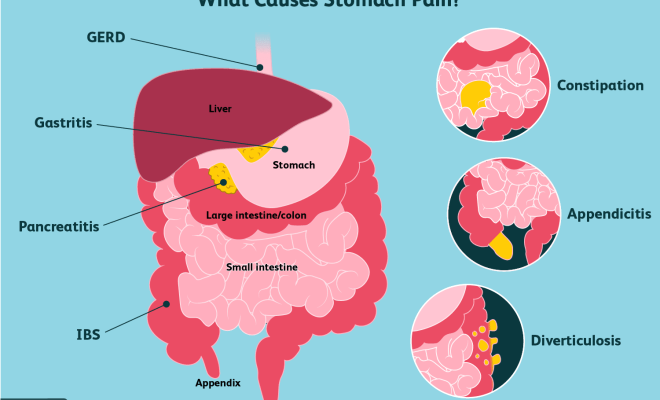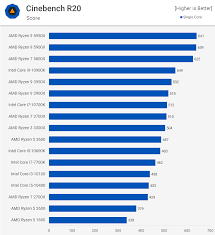Why Does Your Stomach Hurt? Common Causes and How to Get Relief

Introduction
Stomach pain, also known as abdominal pain, is a common issue experienced by many people. Though the causes can vary significantly, it’s essential to identify the origin of pain to find the most effective relief. This article will explore several common causes of stomach pain and tips for alleviating discomfort.
Common Causes of Stomach Pain
1. Indigestion: Indigestion is the sensation of discomfort in the upper abdomen, often as a result of overeating or consuming spicy, fatty, or greasy foods.
2. Gas: Excess gas can cause bloating, cramps, and general discomfort in your stomach.
3. Gastroesophageal reflux disease (GERD): GERD occurs when stomach acid flows back into your esophagus, resulting in heartburn and abdominal pain.
4. Constipation: If you’re experiencing infrequent bowel movements or difficulty passing stool, constipation could be causing pressure and discomfort in your abdomen.
5. Gastroenteritis (stomach flu): A viral or bacterial infection can lead to inflammation of the stomach and intestines—resulting in diarrhea, vomiting, fever, dehydration, and abdominal pain.
6. Food intolerance: Certain food intolerances can upset the digestive system leading to discomforts like bloating and pain.
7. Peptic ulcers: Open sores that form on the lining of your stomach or small intestine due to bacterial infections or prolonged use of certain medications can cause burning abdominal pain.
8. Irritable bowel syndrome (IBS): This chronic condition causes irregular bowel movements and often accompanied by abdominal cramps.
How to Get Relief from Stomach Pain
1. Apply heat: Placing a heating pad or warm water bottle on your abdomen may help relax your muscles and provide relief from cramping pains.
2. Over-the-counter medications: Antacids, gas-relief medications, and anti-inflammatory drugs can help alleviate pain from indigestion, gas, and mild inflammatory issues.
3. Sip water or herbal tea: Drinking water or warm herbal tea with antispasmodic properties may help soothe your stomach.
4. Adjust your diet: Identify any potential food triggers and consume a nutritious diet that’s high in fiber to promote regular bowel movements.
5. Moderate exercise: Gentle exercise like walking may help stimulate the digestive system and relieve gas-related abdominal discomfort.
6. Manage stress: Engaging in relaxation techniques such as deep breathing, yoga, or meditation may alleviate stress-induced stomach pain.
7. Seek medical attention: If your stomach pain persists after attempting other remedies, consult your doctor to ensure that a more severe condition isn’t causing your symptoms.
Conclusion
Abdominal pain can stem from various causes, making it crucial to identify the root of the problem to achieve relief. By understanding the primary sources of stomach discomfort and incorporating helpful remedies and lifestyle adjustments, you can actively manage and alleviate your painful symptoms. Remember to consult with a healthcare professional in case of persistent pain or if you suspect a more severe underlying issue.






